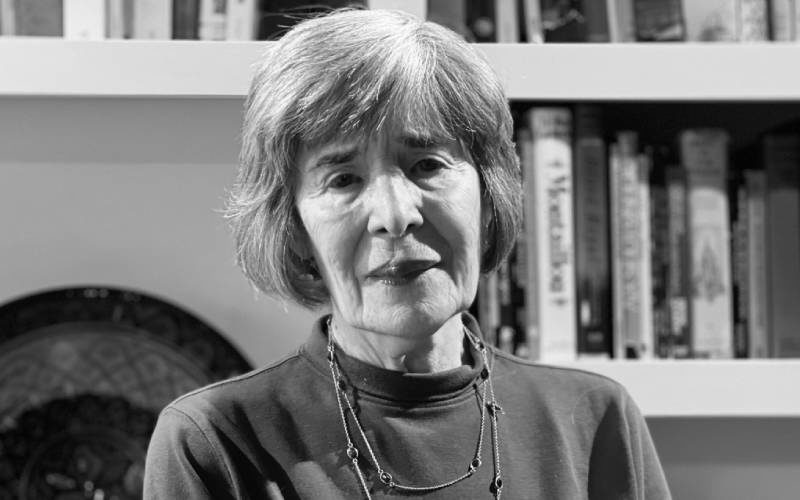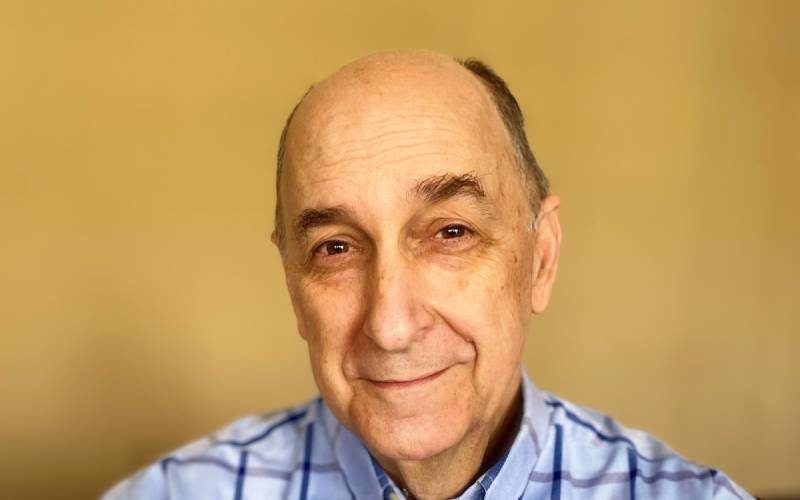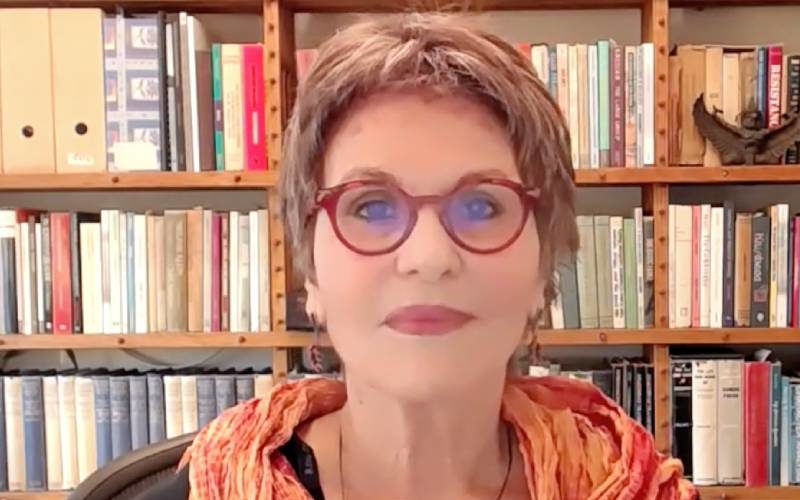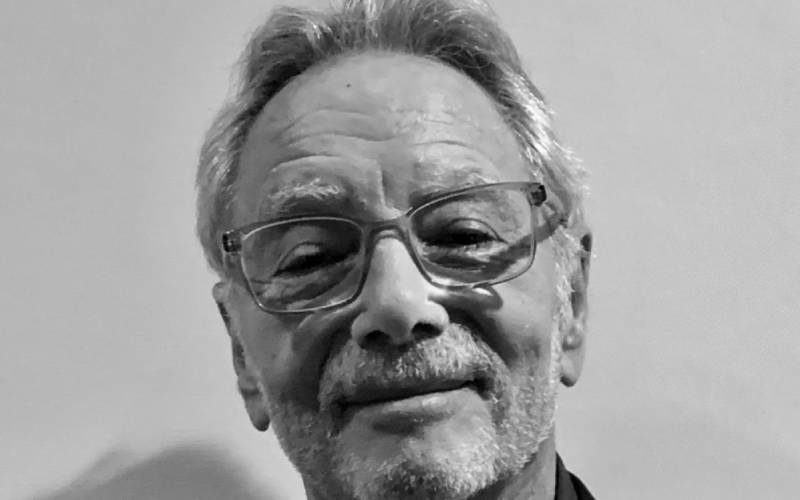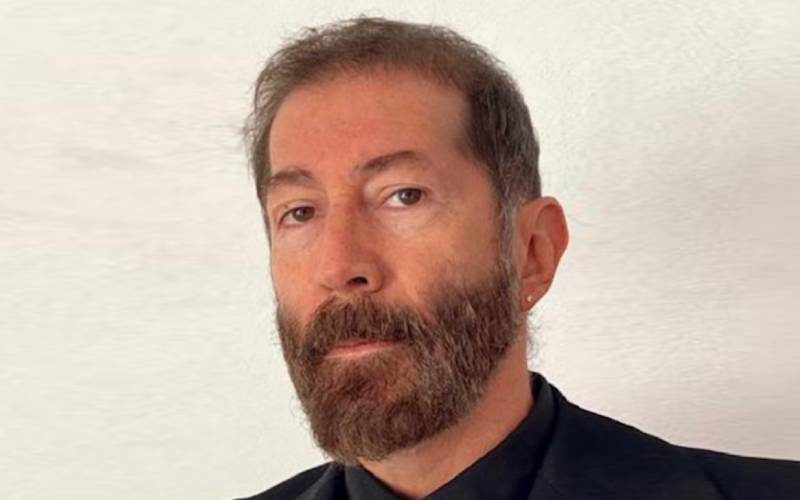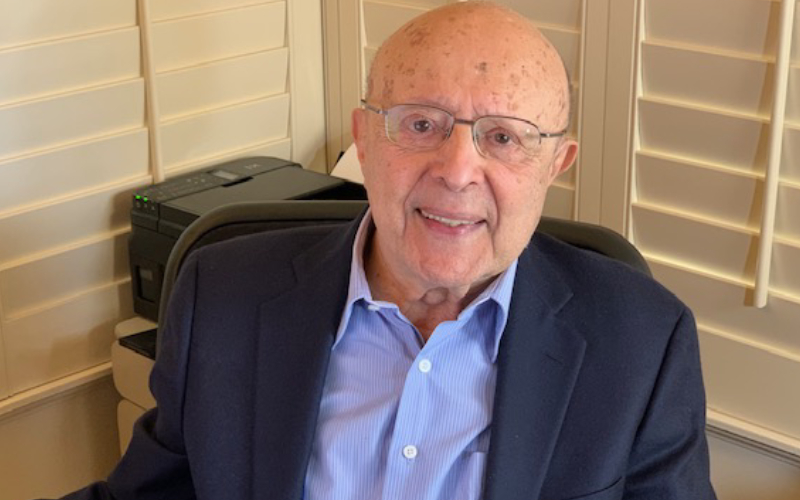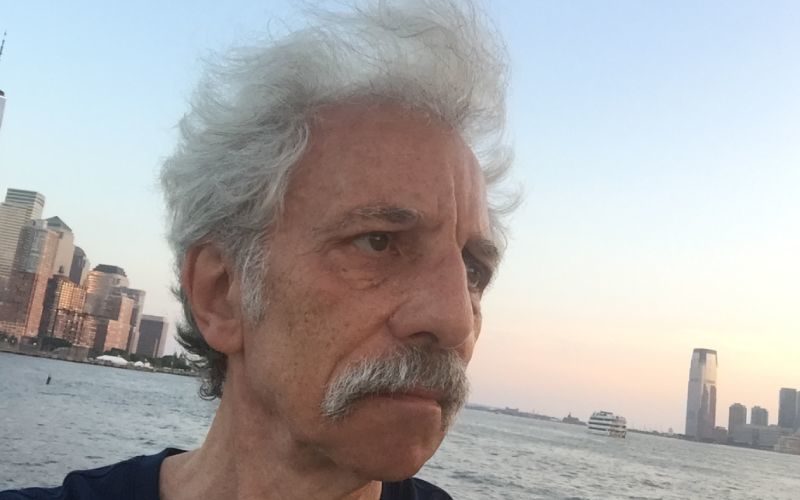Episode 115: Dynamic Psychotherapy of a Tortured Patient: Mentalization, Counter-transference, and Culture with Sverre Varvin, MD, Dr. Philos
“I think every encounter with the patient is a potential re-humanizing experience, also for me as a therapist. Because when we are slowly experiencing this kind of positive emotion, especially when it comes to turning points, where the patient realizes that it is possible to trust another human being, that is a really remarkable experience…
Read MorePodcast: Play in new window | Download


